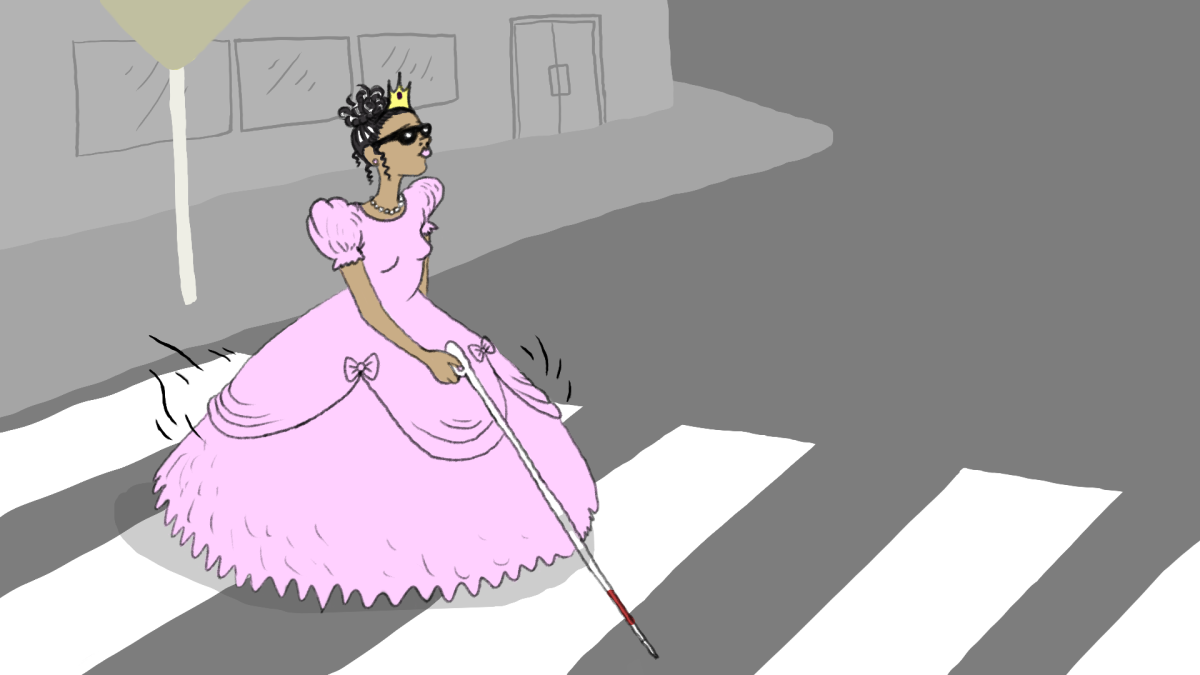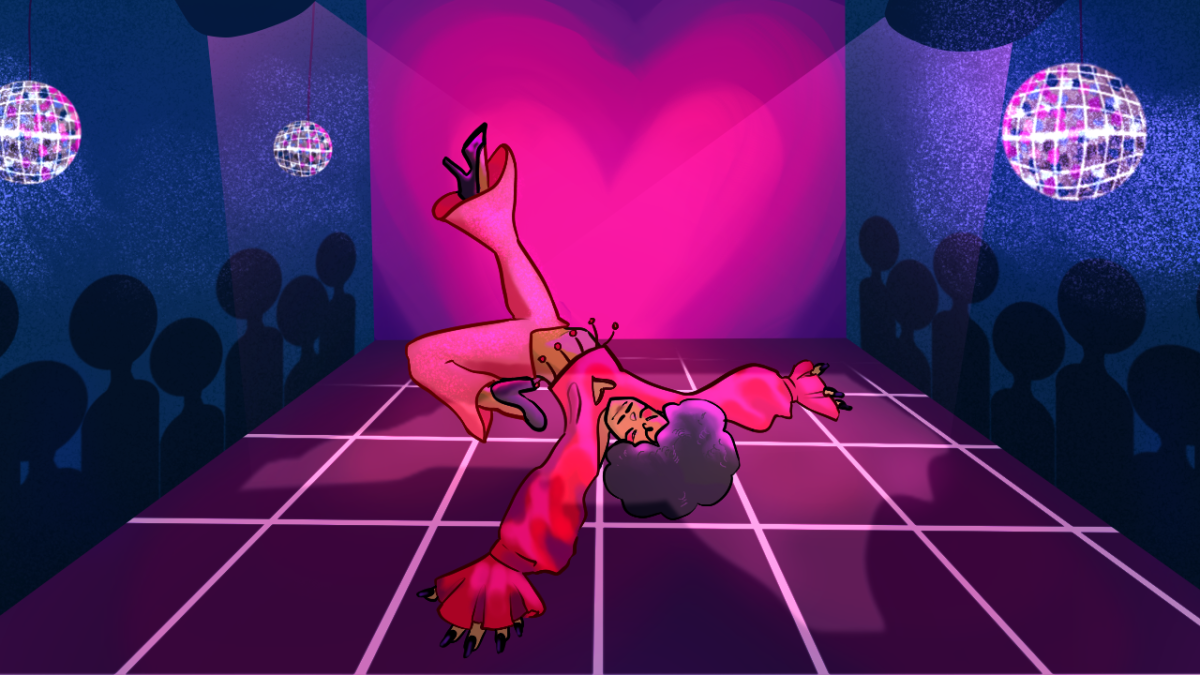The world of cinema is driven by money. Let’s temporarily forgo the sugar-coated idea that movies are designed first and foremost as creative outlets for individuals to showcase imagination and appreciation. While that might be the case, the bottom line persists — movies are designed to make money and we viewers satisfy this when we purchase tickets for the midnight premiere of whatever “Fast and Furious” sequel is coming out this year.
Within the world of film lies a smaller subsection of the capitalistic grab known as movie criticism. Women and men are paid to tell you all of the nit-picky gripes that they have about movies to determine whether you should go spend your money to see them. Essentially, people give them money to tell you whether you should give other people money. In today’s society, with journalistic outlets for people to write professionally, critics are more prominent than ever before. However, I’m becoming more and more convinced that the profession of criticism is overvalued and unnecessary.
Viewers in today’s society don’t listen to critics in the first place. “Batman v. Superman: Dawn of Justice” was universally panned and ridiculed by critics before its release. Rotten Tomatoes gave the film a score of 27 percent and Metacritic settled upon 44 percent. Negative reviews ran amuck across the internet, yet the movie netted over $166 million in domestic gross alone on its opening weekend. The appeal of a comic book blockbuster outweighed the appeal of journalists’ opinions and the film reigned supreme in the box office for two consecutive weeks.
Take away the comic book movies, and there are still countless other films that outperformed not only their budget, but atrocious reviews from critics. Take the film adaption of “The Da Vinci Code,” for example, which received a rating of 25 percent on Rotten Tomatoes, but made almost six times its budget of $125 million. If the critics aren’t affecting the success of the film, then the very foundation of the profession isn’t necessary.
However, it’s important to note that there might be some selection bias occurring. Viewers aren’t randomly assigned to the movies they go to see, meaning that they most likely will go into a movie with the inclination that they will enjoy the film. Critics, on the other hand, often have the obligation of critiquing films that they would otherwise avoid.
I have no problem with analyzing films, but there is a blur that exists between analysis and critique, and that blur is often blinding. Within analysis, films can be surveyed for meanings hidden within even the smallest details. A critique begins when that analysis becomes subjective, and that’s where I believe genuine analysis ceases to exist. Nit-picky criticism shouldn’t be the defining factor in determining how a movie is enjoyed.
Audiences, as mentioned above, look at movies in a much different light than critics do. They tend to be more positive toward films. The audience gave “Batman v. Superman” a score of 65 percent on Rotten Tomatoes, more than doubling the average score given by critics. While average viewers might be nit-picky about certain aspects of a film, most in retrospect boil their opinion down to the simple question: “Did I enjoy this movie?” Movies immerse you, and that immersion is where viewers find satisfaction. That’s how we should look at movies, as opposed to an overly critical approach.
If a film doesn’t immerse you, then that is OK. If you don’t enjoy that film, then that’s absolutely OK. That’s what criticism should entail and that’s what the prospect of movie criticism and the entire profession as a whole is moving away from. Analyzing movies is excellent, but criticizing every last detail along with giving a numerical value that represents an opinion is ultimately nonsensical and ineffective. The box office isn’t affected by reviews, and we shouldn’t be either. Watch movies that you anticipate you will enjoy, and make informed judgments based on how you see fit. The role of film critics is incredibly overvalued in society.








